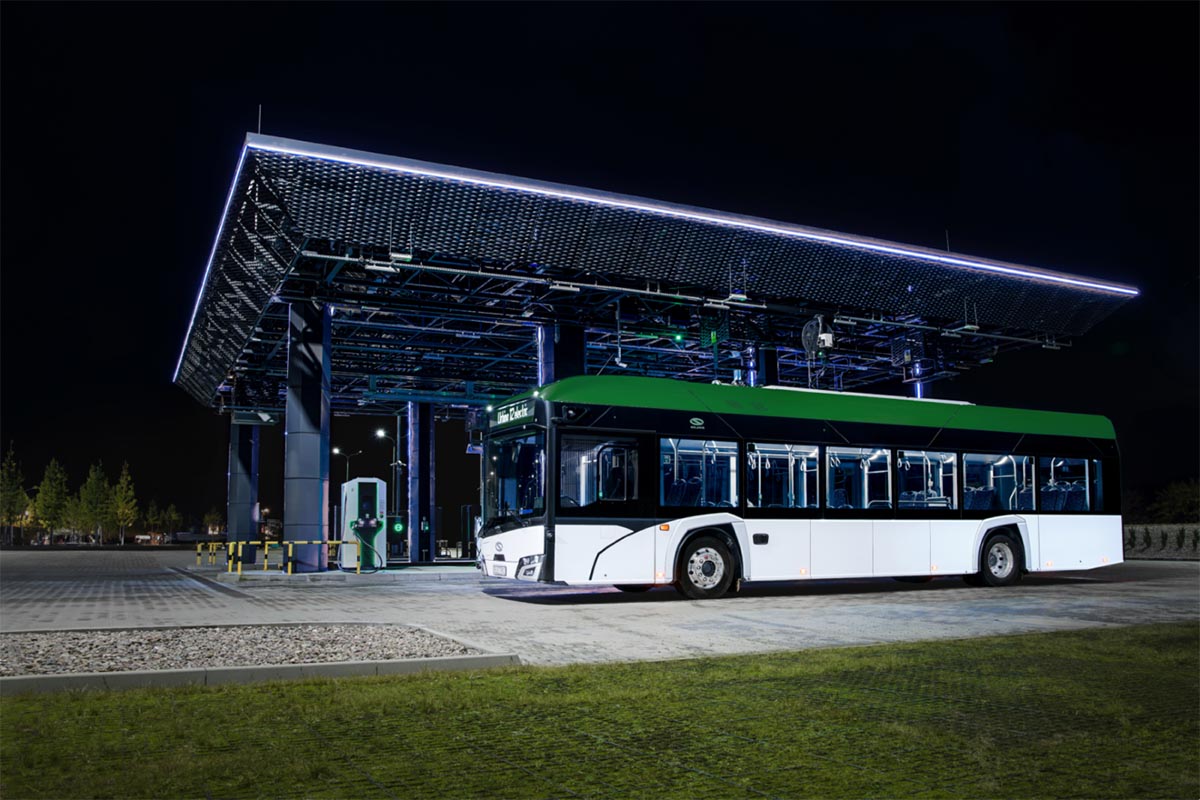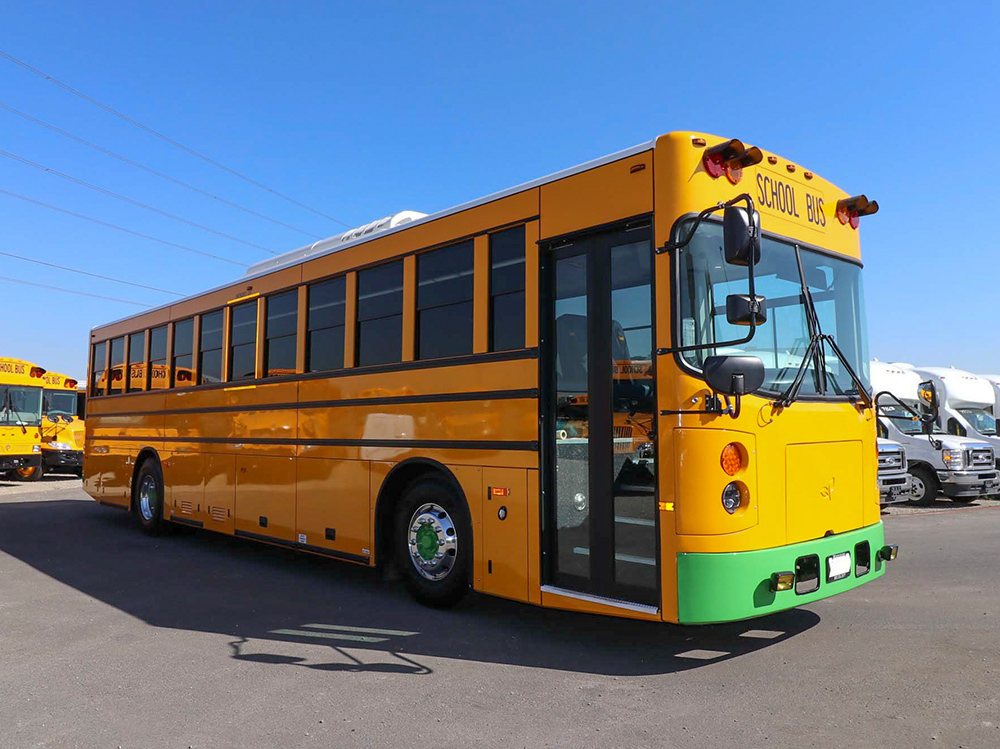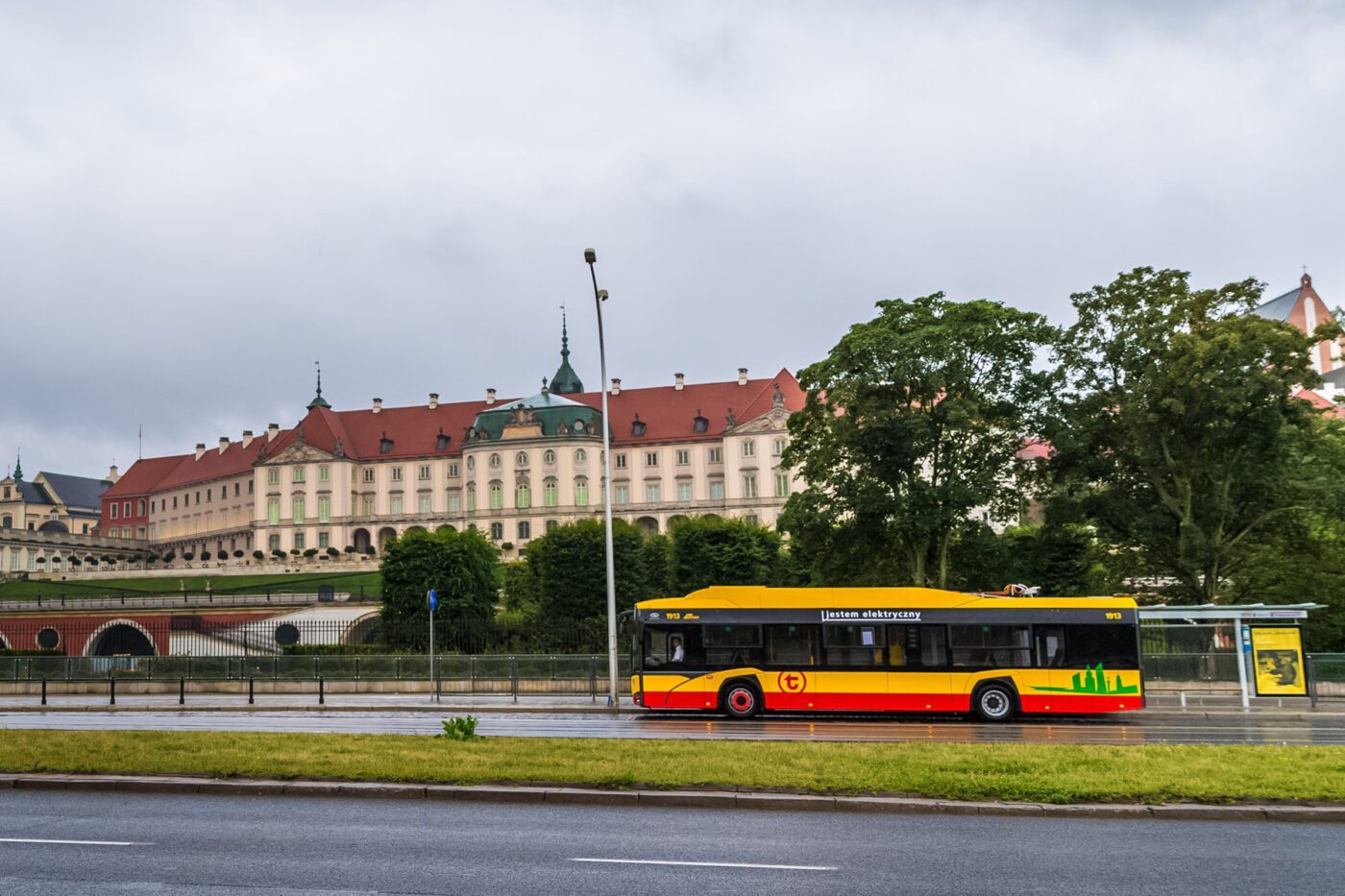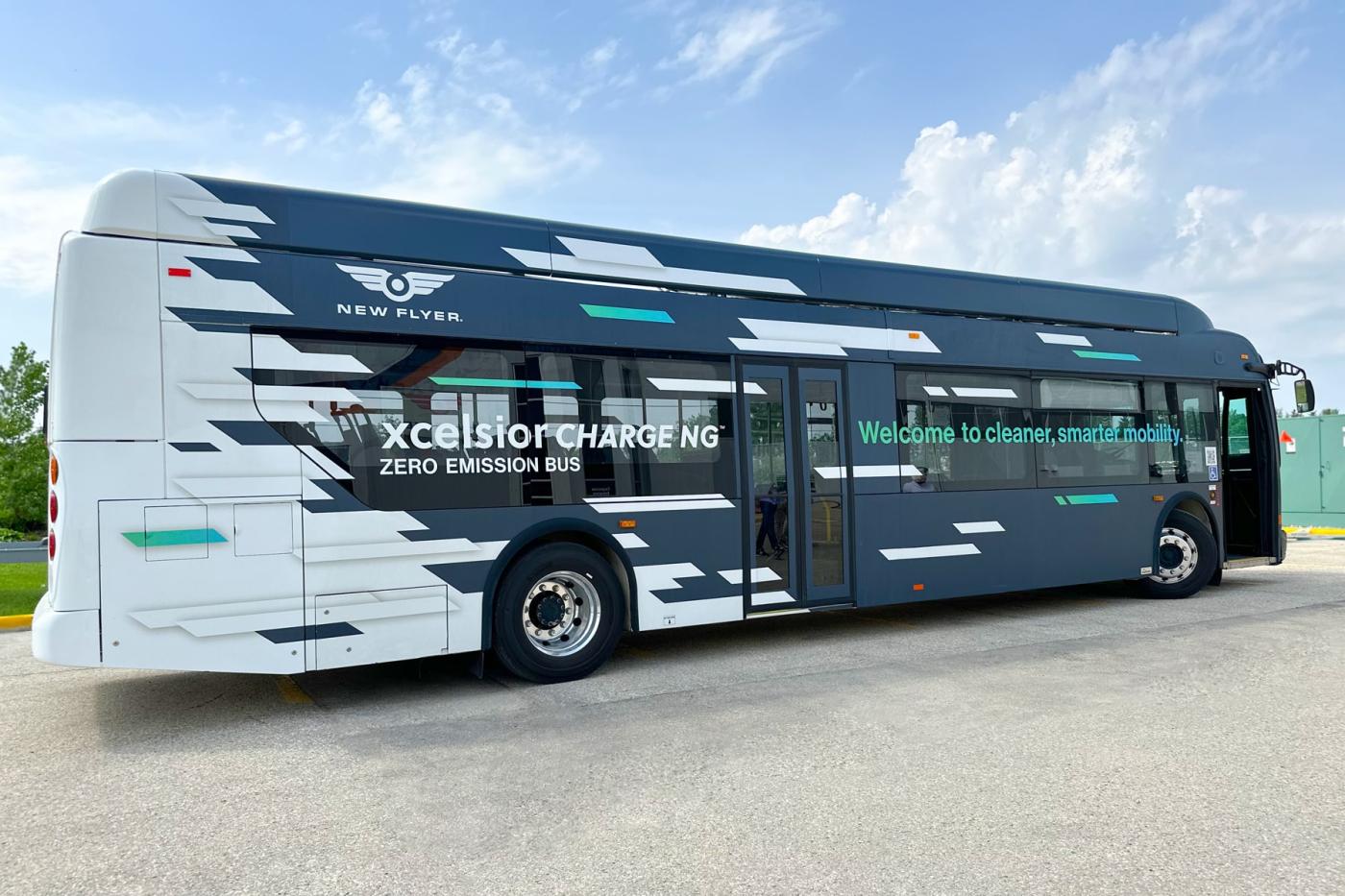Germany’s Federal Ministry of Transport has announced the final funding decisions for 186 electric buses, marking a significant step in the country’s efforts to promote sustainable transportation. Under the program, eleven operators and two districts will share 53.4 million euros to procure the vehicles and corresponding infrastructure.
The funding program is part of Germany’s 2030 climate protection program, aimed at meeting the country’s 2050 climate targets and stimulating economic growth. Additional funding comes from the German Recovery and Resilience Plan (DARP) through the European Recovery and Resilience Facilities (ARF) in the Next Generation EU recovery instrument.
See also: Germany allocates €270 million funding for 1,000 electric buses to over 50 transport companies
However, this will be the last round of funding for electric buses and trucks. The Ministry of Transport confirmed that subsidies for climate-friendly commercial vehicles and buses will be discontinued. Projects that have already been approved will still receive funding.
The decision to end the funding program means that, like electric cars, Germany is cutting funding for electric buses and trucks prematurely. A spokesperson for the Federal Ministry for Digital and Transport (BMDV) stated that not all funding programs could be continued due to budget consolidation and the need to focus on essential investments.
See also: Germany’s Electric Bus Market Grows 7% with 632 New Zero
The electric truck subsidy lasted only two funding rounds, and the current subsidy program for electric buses was limited to three rounds for vehicle procurement. The third round of funding, which ran from June to September 2023, saw only 23 transport companies approved, while 140 were rejected. The funding program was initially planned to continue until 2025.
The decision to end the funding program came after a high court ordered the government to adjust its budget by over twelve billion euros. This ruling put funding for buses, battery research, charging infrastructure, and commercial vehicles with alternative drive systems at risk. Subsidy programs for accelerating electric vehicle adoption were particularly vulnerable to cuts.
The funding program for climate-friendly commercial vehicles was established in 2021 as a key initiative to drive electrification in the sector. However, by 2024, most of the funding for the financial year had already been allocated due to high demand, leading to uncertainty about future funding rounds even before the decision to end the program was made.







